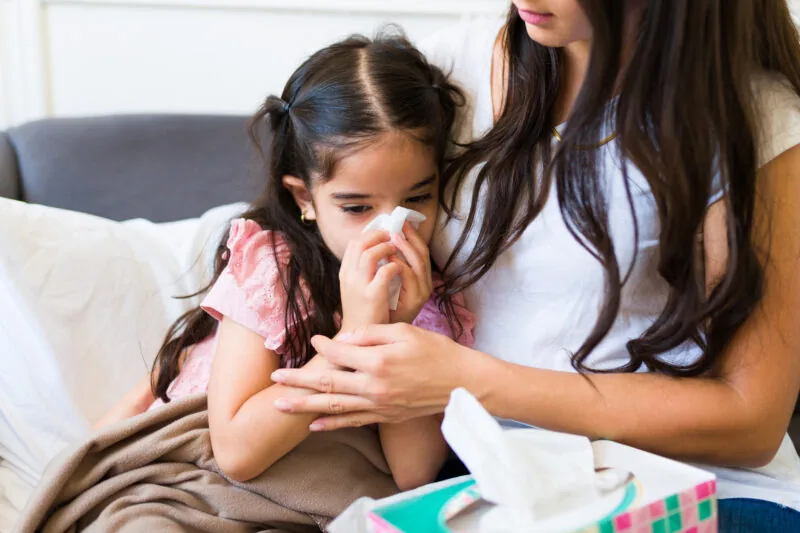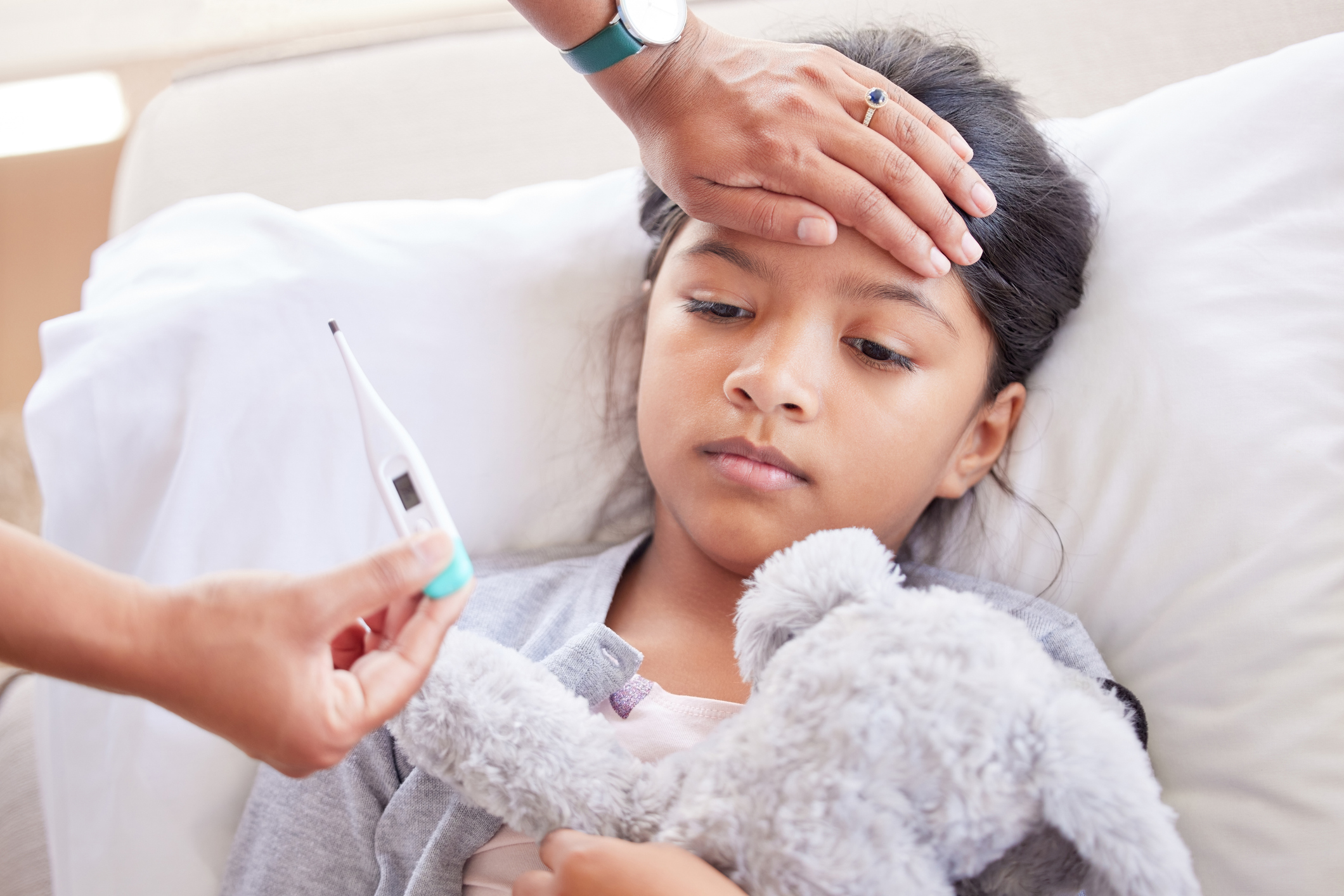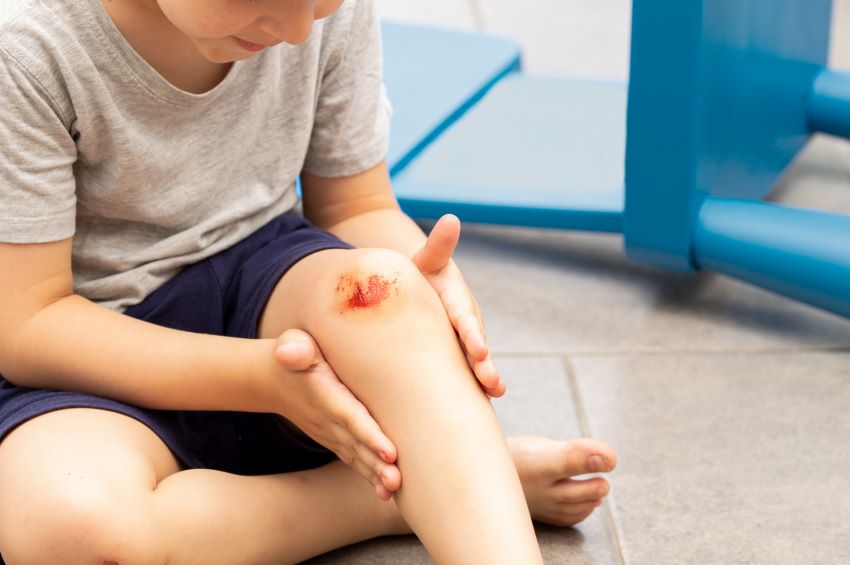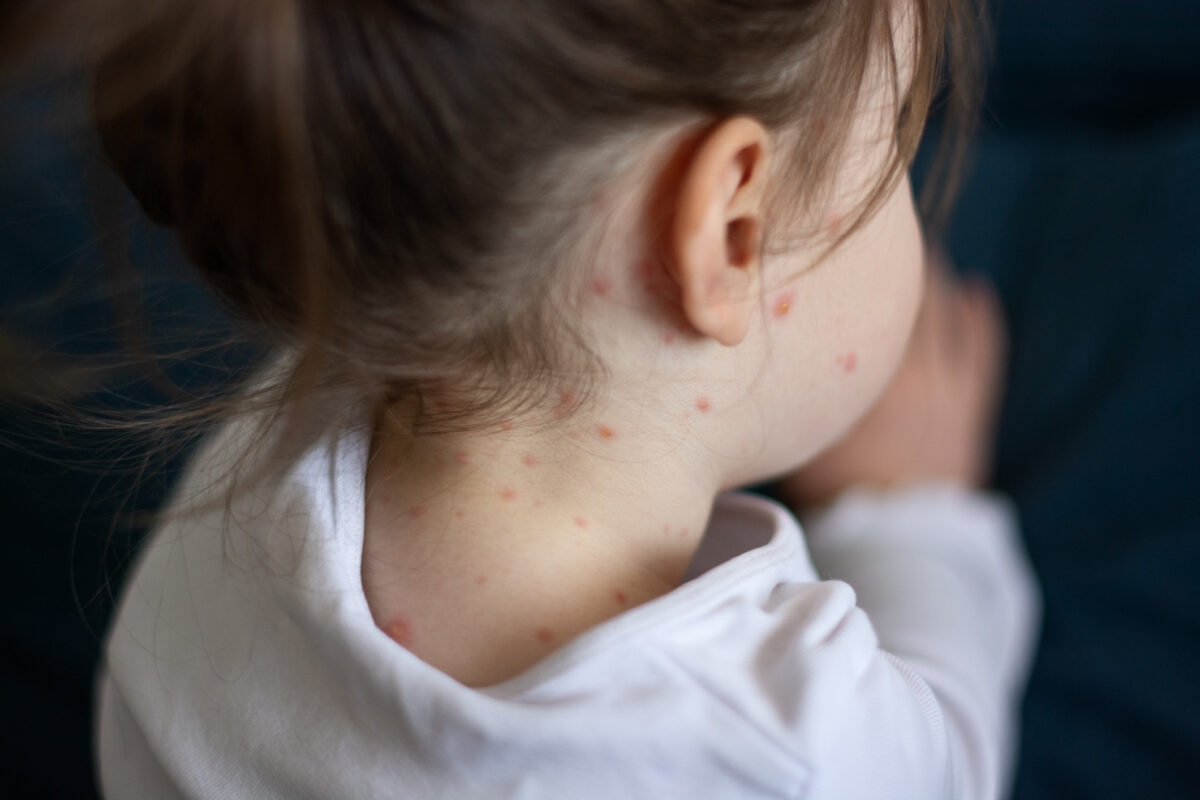Managing Upper Respiratory Infections in Babies, Toddlers, and Teens
As parents, few things are more worrying than hearing your child cough, sniffle, or struggle to breathe easily. Upper respiratory infections (URIs) – including the common cold, sinus infections, and
Continue ReadingWHAT PARENTS NEED TO KNOW ABOUT PNEUMONIA
Pneumonia is not a common illness for children, accounting for just 10-15% of respiratory infections in the winter. But this year there has been an increase in pediatric pneumonia infections
Continue ReadingSEVEN TIPS TO BOOST YOUR CHILD’S IMMUNE SYSTEM – AND YOURS!
Our immune system has an important job – to protect our body from infection and disease caused by germs. For children, they are born with a functioning immune system, but
Continue ReadingMEDITATION FOR KIDS: HOW IT CAN HELP
Believe it or not, children of all ages are exposed to and experience stress every day. Perhaps there are pressures at school for getting a good grade on a test
Continue ReadingASK THE CPCMG PEDIATRICIAN: Why does my newborn need a Vitamin K injection?
Immediately after your baby is born, medical personnel follow a checklist of assessments to ensure your baby is healthy and ready to thrive. From cutting the umbilical cord to applying
Continue ReadingASK THE CPCMG PEDIATRICIAN: How can I help my child avoid a scar from a cut or scrape?
For active kids, cuts and scrapes are inevitable. Fortunately, these common childhood injuries can be treated at home. Here’s how to care for cuts and scrapes and help scars become
Continue ReadingWHY DOES YOUR FAMILY NEED A MEDIA PLAN?
For better or worse, digital media is a regular part of everyday life. Children have access to social media platforms, digital content and interactive games thanks to smartphones, tablets, laptops,
Continue ReadingFIVE REASONS TO SKIP BOTTLE PROPPING
It might seem like a simple fix if you don’t have time to sit with your baby for a bottle feed – just prop their bottle up on a blanket
Continue ReadingHOW TO SURVIVE HOT WEATHER WITH A NEWBORN
With rising temperatures and heat advisories, caring for a newborn will mean a little extra planning and specific steps to keep them comfortable. Follow these tips to make sure your
Continue ReadingMeasles & International Travel: What Parents Need to Know
Measles is a highly contagious disease that can be dangerous, especially for babies and young children. Measles typically begins with a high fever (may spike to more than 104º), cough, runny
Continue Reading









